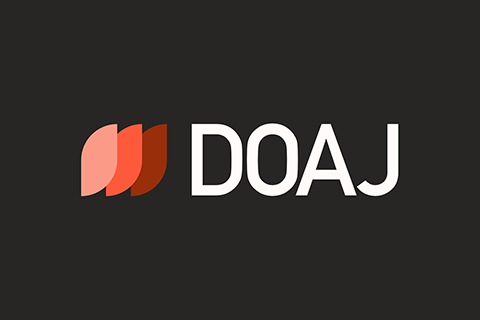Enfoque
Introduction
LinkedIn is largest professional social network worldwide which permits students to find internships and jobs opportunities. However, to access to these opportunities students need to (1) be part of a community/network of professionals and create valuable content for this community. Nevertheless, existing records suggest majority of students in the sports field haven´t optimized profiles and do not use this network regularly.
Some teaching innovations has attempted to enhance the use of LinkedIn among sports students. An intervention encouraging students to post and interact with LinkedIn network weekly might be effective to increase the student’s competence in this social network. However, the starting point for this intervention might be different among students of Sports Management (SM) and students of Sport Sciences (SS) if they have different LinkedIn usage level or different perception of the utility of LinkedIn.
This work aims to (a) compare the LinkedIn usage profile between Sports Management students and Exercise and Kinesiology students; (b) present an intervention based on Problem-based-learning (PBL) approach to enhance LinkedIn usage among sports students.
Methodology
Three groups of Sports Management students (n = 34) and two groups of SS students (n = 60) participated in this research. First students were asked to respond if they had LinkedIn profile or not. Those who had a LinkedIn profile were requested to share their Social Selling Index (SSI) as well as the four LinkedIn Metrics. (1) Stablish your professional brand; (SPB) (2) Find the right people (FRP); (3) Engage with Insights (EWI); (4) Build relationships (BR) were measured before and after the innovative teaching pilot test. After analysing the outcomes, an intervention to enhance the use of LinkedIn among students according to the PBLs was implemented. Mann-Whitney U was used to compare among SM and SS students.
Results
28.7% of the students affirmed not having a LinkedIn account (Sports Management = 29.4%, n = 10; Exercise and Kinesiology = 28.3%, n = 17). No differences were found when comparing all LinkedIn metrics between SM students (SSI = 12.60; SPB = 4.11; FRP = 1.33; EWI = 0.95; BR =1.50) and SS students (SSI = 12.02; SPB = 4.57; FRP = 0.77; EWI = 0.33; BR = 0.88).
Not statistical differences were found between students and the SSI is low a PBL oriented to increase this metric was developed. This PBL suggest students to work individually and post at least 1 post every week during 10 weeks in a row. However, they will make group of 5 people and will react (like or/and comment) their team’s post to make the algorithm think all post are attractive. Students get feedback from the lectures team but also from the LinkedIn network during the 10 weeks intervention so they will learn by doing and will be forced to improve the quality of their post based on reflection and critical thinking.
Conclusion
LinkedIn is a professional network not well developed among sports students. This intervention can help them to increase their LinkedIn profile and understand how succeed in this network.



















Deja tu comentario
Lo siento, debes estar conectado para publicar un comentario.